Chemistry

Educators and Parents, Sign Up for The Cheat Sheet
Weekly updates to help you use Science News Explores in the learning environment
Thank you for signing up!
There was a problem signing you up.
-
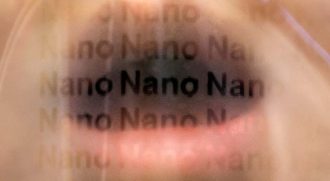 Tech
TechInvisible plastic ‘ink’ foils counterfeiters
Hidden images make a new label virtually counterfeit-proof, thanks to a combination of chemistry and nanotechnology.
-
 Chemistry
ChemistryChemistry: Green and clean
“Green” means environmentally friendly and sustainable. Green chemistry creates products and processes that are safer and cleaner — from the start.
-
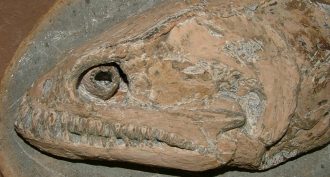 Animals
AnimalsSurprise! Fossils in a flash
By studying how dead tissues decay — or turn to ‘instant’ fossils — scientists are gleaning helpful clues to what ancient life looked like.
By Douglas Fox -
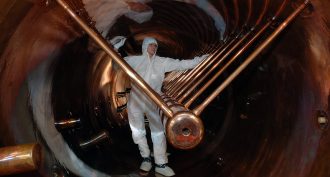 Chemistry
ChemistryScientists confirm element 117
Scientists have confirmed the existence of a new, short-lived superheavy element. For now, they’re calling it ununseptium.
By Janet Raloff -
 Chemistry
ChemistryUrine may make Mars travel possible
On Earth, urine is a waste. En route to Mars, it could be a precious renewable commodity: the source of drinking water and energy.
-
 Environment
EnvironmentBurning to learn
Fires cause billions of dollars of destruction to homes and forests every year. But not all fires are bad, especially for forests. With a better understanding of fire, scientists can both help people prevent dangerous fires — and identify which ones it would be better to let burn.
-
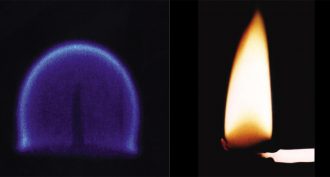 Environment
EnvironmentExplainer: How and why fires burn
A fire’s colorful flame results from a chemical reaction known as combustion.
-
 Animals
AnimalsWe are stardust
Everything making up Earth and what’s now living upon it — from trees and people to our pets and their fleas — owes their origins to the elements forged by ancient stars.
By Beth Geiger -
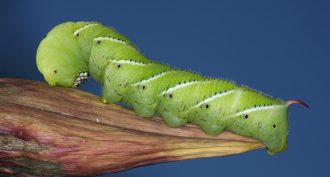 Animals
AnimalsThe bad-breath defense
The nicotine in tobacco that poisons some creatures can also act as a chemical defense — at least for some caterpillars. The bad breath it gives these insects repels natural predators, such as spiders.
-
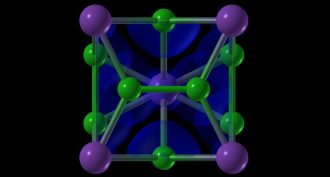 Chemistry
ChemistrySalt bends the rules of chemistry
When squished between two diamonds and zapped by a laser, salt’s atoms can link up in unexpected ways.
-
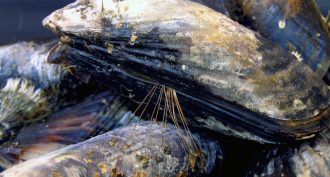 Animals
AnimalsMimicking mussels’ muscle
People who seek to get a grip on something — especially in wet environments — might want to take a lesson from some common shellfish. Among those who might benefit most: surgeons.
By Sid Perkins -
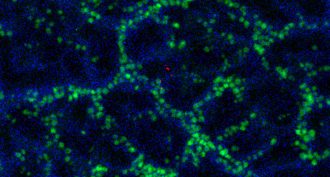 Plants
PlantsGold can grow on trees
Australian researchers found leafy nano-evidence pointing to rich deposits of the precious metal deep below ground.
By Beth Geiger